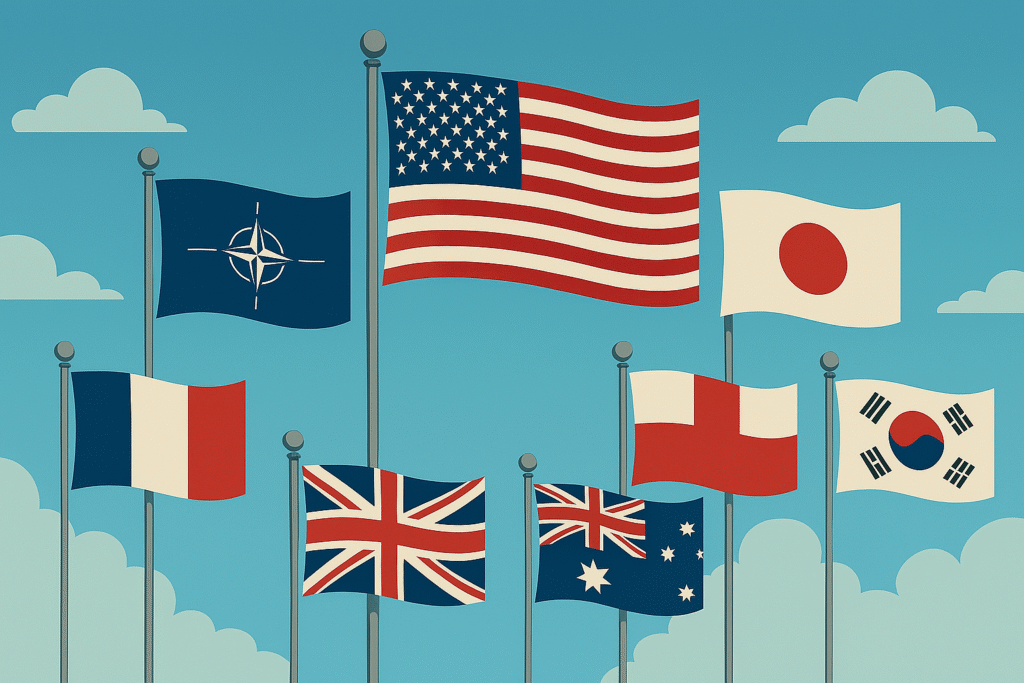The Influence of French Culture on the Modern World
French culture has long been regarded as one of the most influential forces in shaping modern civilization. From its celebrated contributions to art, fashion, and cuisine, to its philosophical and political ideals, France’s impact is felt across continents and generations.

One of the most visible areas of French influence is art and architecture. The works of Claude Monet, Edgar Degas, and Henri Matisse continue to inspire artists worldwide, while landmarks like the Eiffel Tower and the Louvre have become global icons. French cities such as Paris, Lyon, and Bordeaux are seen as living museums, blending centuries of history with contemporary design.
Fashion is another domain where France leads with distinction. Paris is often considered the fashion capital of the world, hosting prestigious events such as Paris Fashion Week. Legendary designers like Coco Chanel, Christian Dior, and Yves Saint Laurent helped define elegance and innovation in fashion. Even today, French fashion houses set global trends and influence everyday style.
In the realm of cuisine, French gastronomy is renowned for its sophistication and diversity. Techniques like sautéing, braising, and flambéing originated in France and are now standard in kitchens worldwide. Dishes like coq au vin, boeuf bourguignon, and crème brûlée have become international favorites. In fact, French cuisine was recognized by UNESCO as an intangible cultural heritage of humanity in 2010.
The French language also holds a unique place in global affairs. Spoken on five continents, French is one of the official languages of the United Nations, the European Union, and the International Olympic Committee. For many, learning French opens doors to a rich literary tradition, from the romanticism of Victor Hugo to the existentialism of Jean-Paul Sartre.
Beyond lifestyle and the arts, France’s political and philosophical ideals have shaped democratic societies. The French Revolution, with its motto “Liberté, égalité, fraternité” (Liberty, equality, fraternity), inspired revolutions and reform movements around the globe. Thinkers like Rousseau, Voltaire, and Montesquieu laid the intellectual groundwork for modern democracy, human rights, and civil liberties.
Even in cinema, France has made a significant mark. The French New Wave of the 1950s and 60s revolutionized filmmaking with directors like Jean-Luc Godard and François Truffaut challenging traditional narrative techniques. Today, the Cannes Film Festival remains one of the most prestigious events in the film industry.
In conclusion, French culture continues to play a central role in shaping modern tastes, ideas, and values. Its influence is not only preserved in museums and history books but lives on in the clothes we wear, the food we eat, the films we watch, and the ideals we cherish. As the world grows more interconnected, France’s cultural legacy remains a beacon of refinement, creativity, and freedom.



